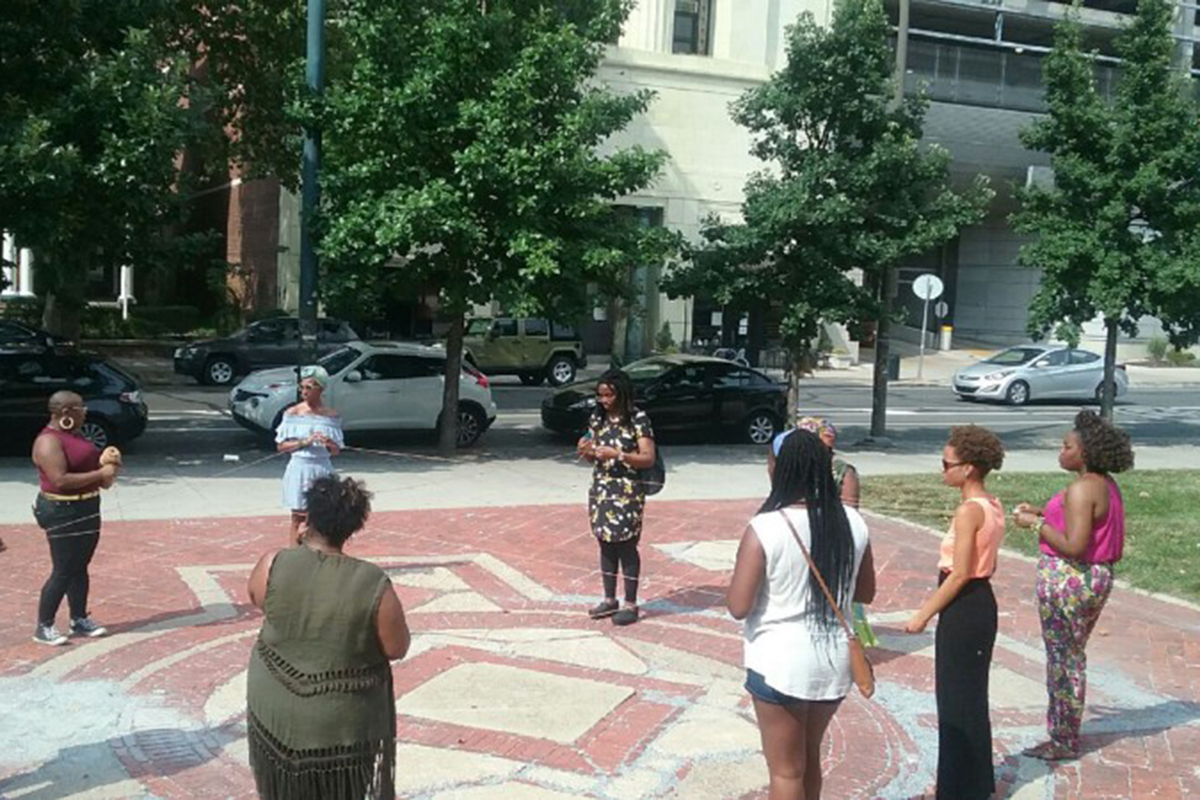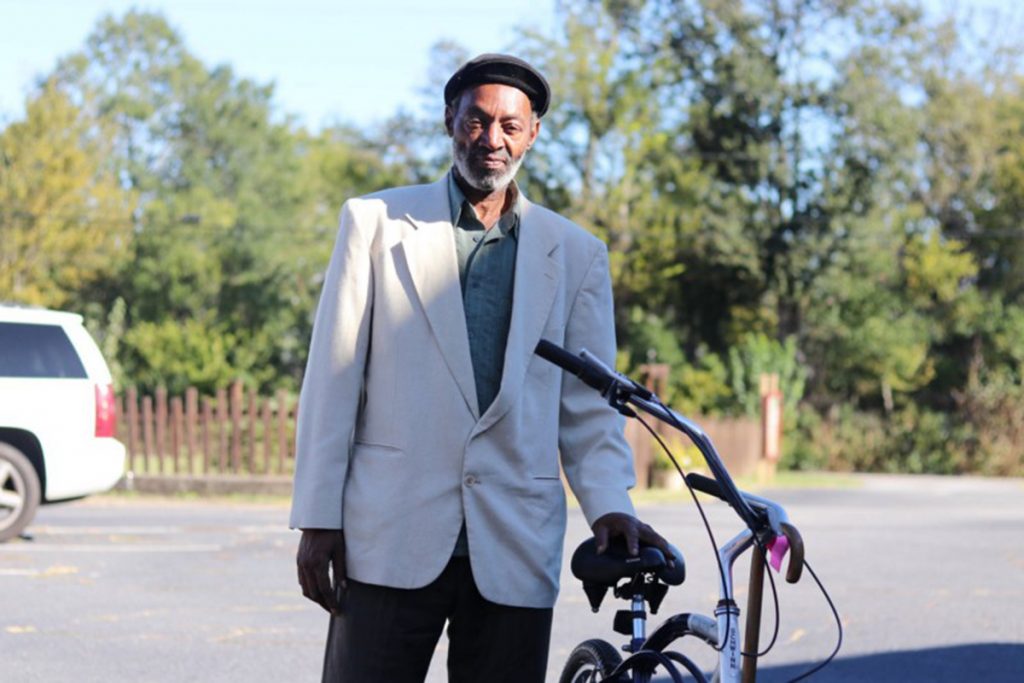
27 Jun Meet the K880 Emerging City Champions 2017: LaTierra and Eric
It’s been almost a year since these urban innovators have launched projects to make their cities more engaged, safe, healthy and fun. Find out who they are, what they’ve created and what they’ve learned.
by Emma Jones, Jonathan von Ofenheim
LaTierra Piphus
Philadelphia, Pennsylvania
Meet the Champ: LaTierra Piphus is the founder and co-organizer of the Philadelphia-based Womanist Working Collective, a social action and support collective for Black queer and trans folks, Black womyn and femmes. She’s passionate about Black liberation, social work and community organizing.
LaTierra’s innovation story: When LaTierra gets a haircut, she pays for it with her graphic design skills.
A fellow member of her collective is a hair stylist who needs design help making things like gift certificates. So they have a deal: “Every few months or so we’re in some type of exchange for services,” says LaTierra.
This is the Womanist Working Collective’s Reciprocity Time Bank at work. Members of the collective, community partners and Black-owned businesses can sign up to join the time bank — a service exchange system that exchanges time, instead of cash, as currency.
The goal of the project is “to give folks an opportunity to divest from capitalism and invest in systems that support everyone, rather than just a few folks at the top,” says LaTierra.
Participants can earn time credits by offering their services — say, resume writing assistance or dog walking — which they can cash in for a service someone else is offering, like haircuts. Savers might continue to bank their credits so they accumulate for a big “purchase” of time later on.
LaTierra is working to spread the word about time banks. “Eventually we are looking to become kind of a regional hub for time banks similar to us and a resource and information centre.”
The collective will be presenting their time bank model at conferences and facilitating workshops. Eventually, they’d like to “move into developing more time banks around the country.”
LaTierra’s biggest challenge is that she can’t work on the project full time, “so it has to kind of happen in whatever gaps of time I have outside of work and school — and everything else.”
Can she bank Time Bank time? With enough time credits, the time bank might build itself.
Eric Mayle
Macon, Georgia

A Macon resident and his new bike. (Submitted by Eric Mayle)
Meet the Champ: Eric Mayle is the Executive Director of Centenary Community Ministries, where he oversees food, housing, tutoring and gardening programs. He is also a minister at Centenary United Methodist Church. For Mayle, church isn’t just church: it’s a place for Macon residents from diverse backgrounds and experiences to meet, support each other and grow.
Eric’s innovation story: Eric’s project connects “under-resourced” Macon residents with refurbished bikes, through an approach he calls “asset-based community development.” This means that people work to “earn” their bikes by helping the community in a way that works for them.
The initiative is essential, Eric says, because Macon’s transit system just doesn’t meet everyone’s needs.
“If you don’t have a car in a place like Macon, it’s really difficult to get around,” he says. “We have a bus system, but the buses don’t run on Sundays. They don’t run after 10 or 11 pm, and there are parts of Macon where there’s not a bus stop nearby.”
While the lack of transit accessibility can pose major challenges for all residents without cars, Eric says it’s particularly problematic for people living in poverty who need to access services and apply for jobs outside their neighbourhoods.
“People in transition, they have needs for transportation just like everybody else,” says Eric. “So you think about applying for jobs, like if you were in a shelter and you were trying to change that, think about the range of jobs you could access if you have to travel on foot versus on a bike. The difference is huge.”
In terms of who gets a bike and how much community service they do to earn it, Eric says there are no strict guidelines. Instead, he tries to have a one-on-one conversation with each applicant, asking them about their needs and skills.
So far, each bike has had a major impact.
“One man we gave a bicycle to, he walks two and a half miles to his job every day, at the hospital where he’s a janitor. He’s done that for a long time,” says Eric. “When the weather is bad, he just has to walk in it, and when it’s really bad, he just has to call in. And the reason why is that he has to be there before the buses start running.”
But now? “He’s still in the weather, but he’s not walking to and from work. He has more time with his family, and is moving around much more efficiently with his bicycle.”



